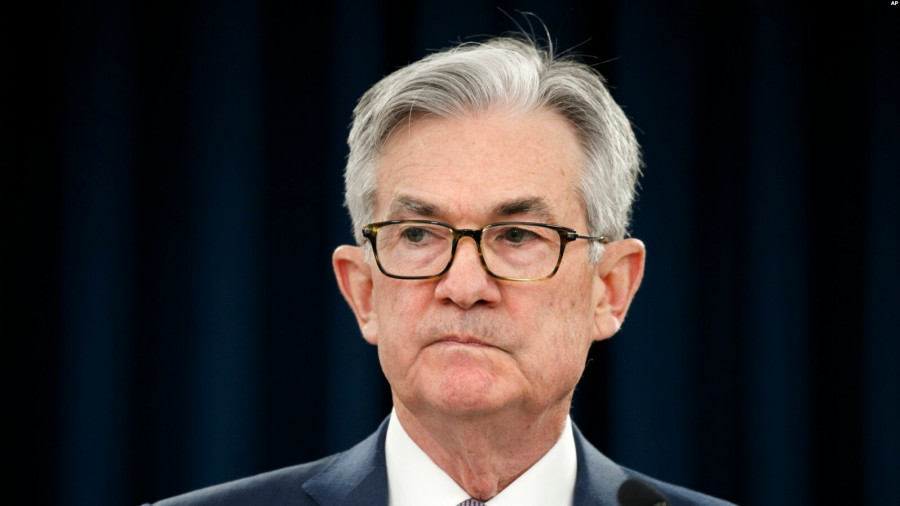See also


 22.06.2022 06:42 AM
22.06.2022 06:42 AMSometimes it seems to us that a certain part of journalists in the world (and especially in America) does not work to promote the interests of certain political forces or to review certain processes and events, but simply to dirty paper. We call it the "yellow press", and, as we see, it works not only with us. In the first article, we already said that nothing strange is happening in the world right now (we mean economic processes). What did economic experts expect from inflation in the EU or the US, if the central banks of these conglomerates were busy for at least two years only printing money and creating their non-cash equivalent in bank accounts? Naturally, if the money supply grows by one and a half times, what effect will be achieved? Even children at school would answer this question. After inflation started accelerating last year, what should the Fed have done? Raise the rate by 5% at once and plunge the markets into shock? Can you imagine what kind of collapse would happen in the stock market if this happened? The Fed has taken a competitive position of aggressively raising rates, but at the same time not shocking the markets. Moreover, for about six months, the American Central Bank warned the markets that rates would rise, that is, everyone had plenty of time to prepare for the new realities. But at the moment, criticism is pouring out of all the cracks, they say the Fed is not coping with inflation, and the "yellow press" is trumpeting with might and main that the American economy is on the verge of recession.
Let's imagine the following situation. Your economy grows by 5%, then by another 5%, then by another 5%, and then decreases by 2%. Recession? Recession. But if we consider the long-term trend, then this recession is quite formal. Well, the economy has shrunk by 2% and so what? Nothing can grow forever. Consequently, the very concept of recession is inevitable and ephemeral. Then why sound the alarm about it? Which is better: high inflation and economic growth, or one year of recession and normal inflation, and then economic growth? There is a downside to any process. If rates rise, then the slowdown in the economy is inevitable, this is a necessary payment for tightening monetary policy. That is, all these are the processes that any economist knows about and why it is unclear to raise panic about this. Jerome Powell, speaking in Congress today, is likely to confirm the commitment of his department to the goal of achieving price stability, which means that his rhetoric will not change. Consequently, it will remain rigid and will remain so for a very long time. Risky assets are still in the risk zone, but sooner or later they will begin to recover. So don't panic.
You have already liked this post today
*The market analysis posted here is meant to increase your awareness, but not to give instructions to make a trade.



